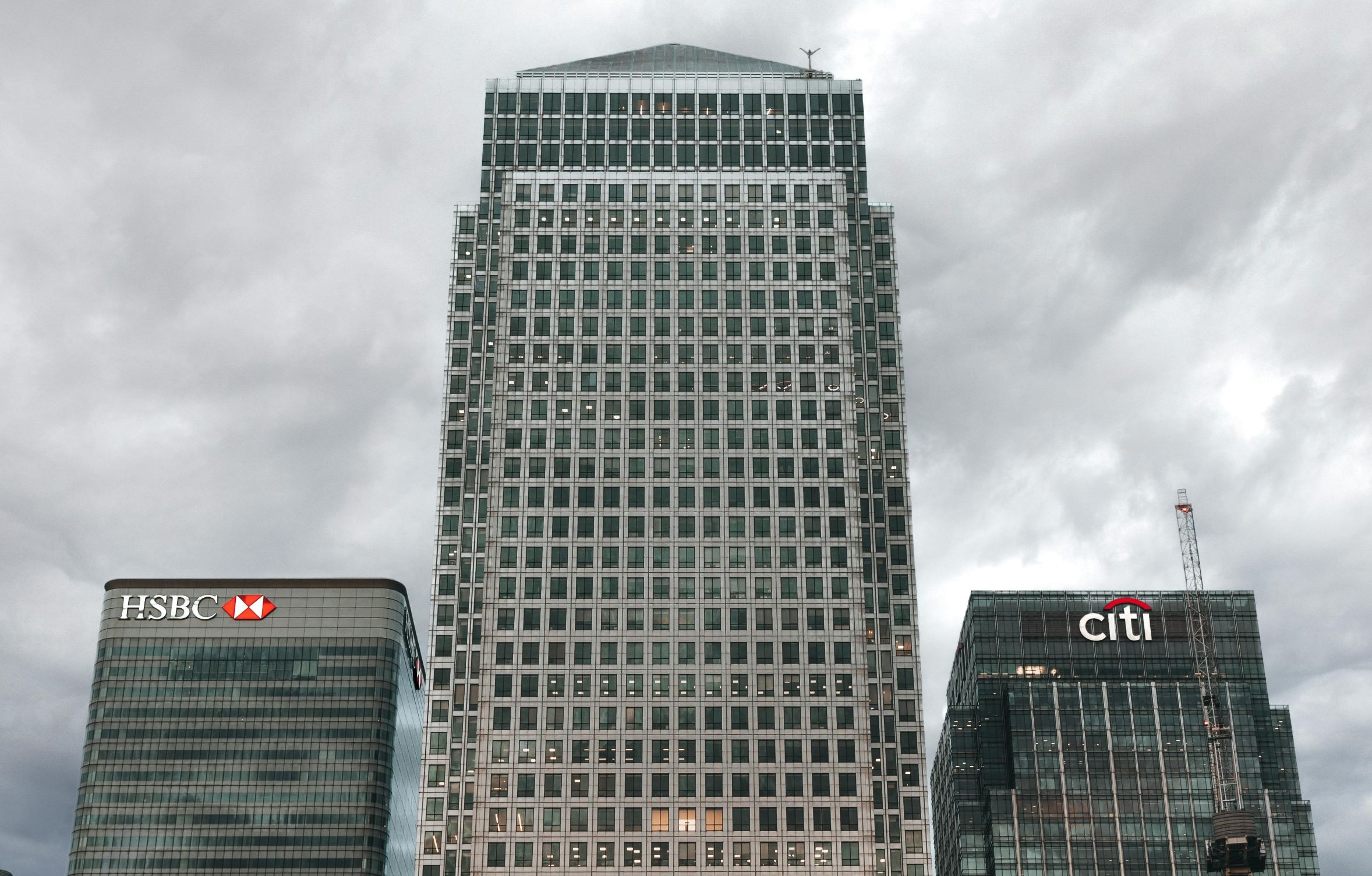Visa Stock Analysis: Is Visa a Strong Opportunity Ahead of Q4 Earnings?
$325.48
28 Jan 2026, 19:25

Pexels.com

Record Borrowing in December
The UK’s public sector borrowing hit £17.8 billion in December 2024, marking the highest December total in four years, according to figures from the Office for National Statistics (ONS). The amount exceeded economists’ expectations of £14 billion, driven by higher debt interest payments and one-off costs, such as a £1.7 billion military property repurchase.
Compared to December 2023, borrowing rose by £10.1 billion, reflecting inflation-linked debt costs and increased public spending. The figure remains within the forecast range of the Office for Budget Responsibility (OBR) but underscores the challenges facing Chancellor Rachel Reeves.
Inflation and Debt Costs
The ONS highlighted a staggering £8.3 billion interest bill for December, the third-highest on record for that month. The primary cause was inflation, which directly impacts debt repayments tied to index-linked gilts. Additionally, long-term borrowing costs remain elevated, with 30-year gilt yields hovering above 5%, the highest level since 1998.
Jessica Barnaby, deputy director for public sector finances at the ONS, noted:
“Spending on public services, benefits, and debt interest were all up compared to the same period in 2023.”
Public and Private Sector Challenges
Chancellor Reeves, attending the World Economic Forum in Davos, has faced criticism for a perceived lack of fiscal confidence. The government’s £40 billion tax increase announced in October has raised concerns among businesses about reduced investment, job losses, and higher consumer costs.
Key economic indicators:
Despite these challenges, economists believe public sector investment announced in the budget could support growth. However, private sector contributions remain uncertain amidst rising costs.
Speculation: What Does This Mean for Investors?
Broader Economic Implications
Conclusion
The sharp rise in UK borrowing underscores significant fiscal challenges. For investors, opportunities exist in inflation-linked securities and gilts, but caution is warranted in sectors exposed to high costs and reduced consumer spending. As the government works to balance fiscal discipline with economic growth, its success will shape the outlook for both the UK economy and global markets.
Source: (Sky.com, BBC.co.uk)